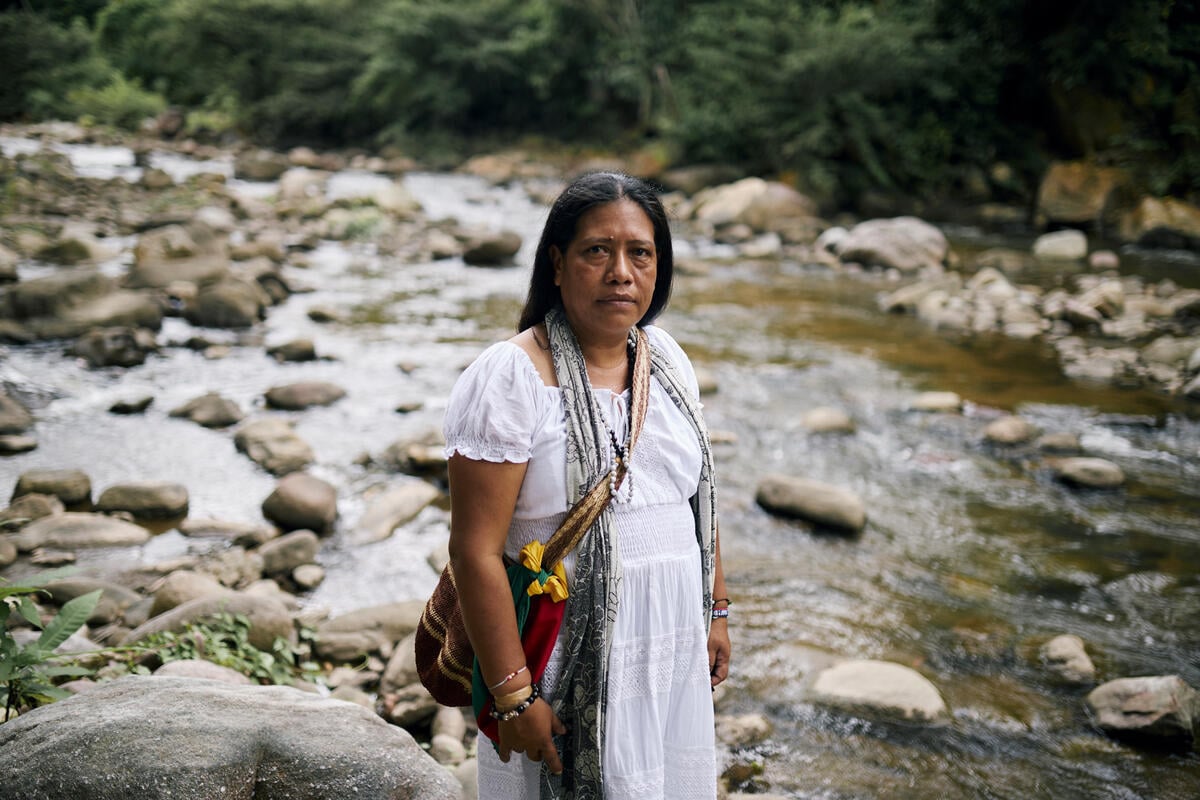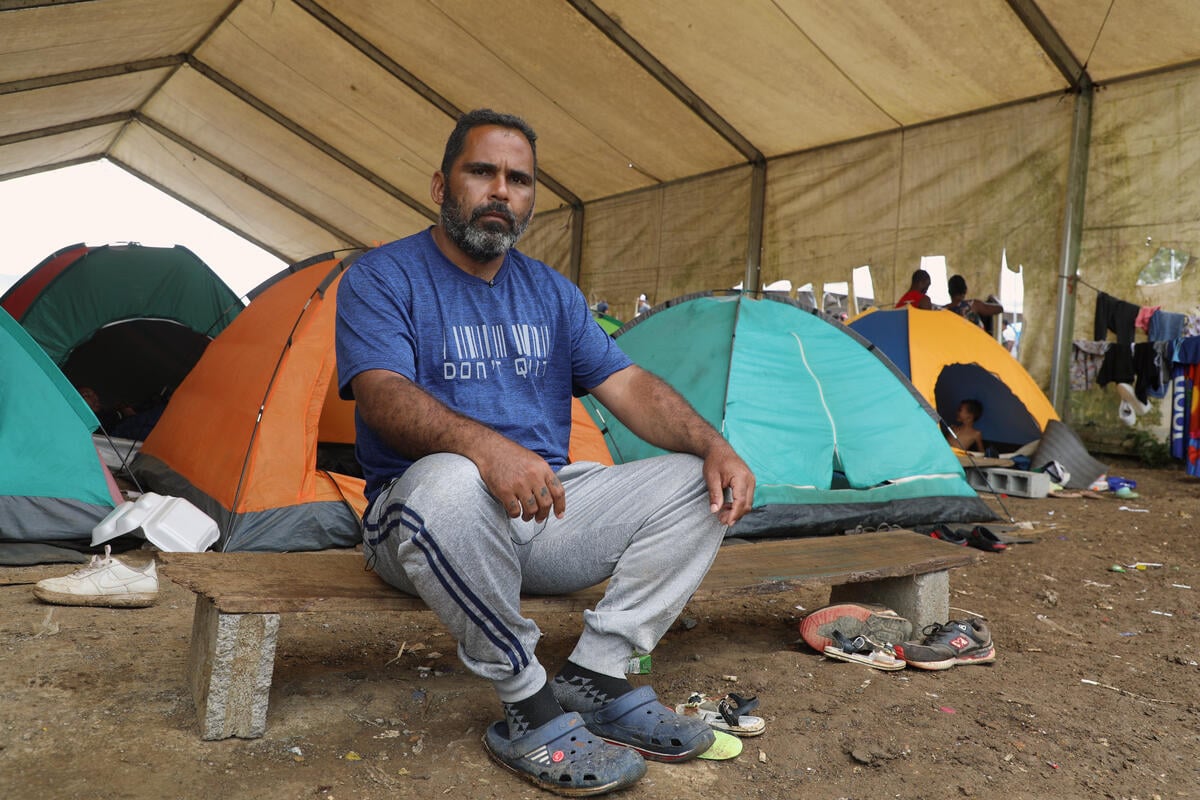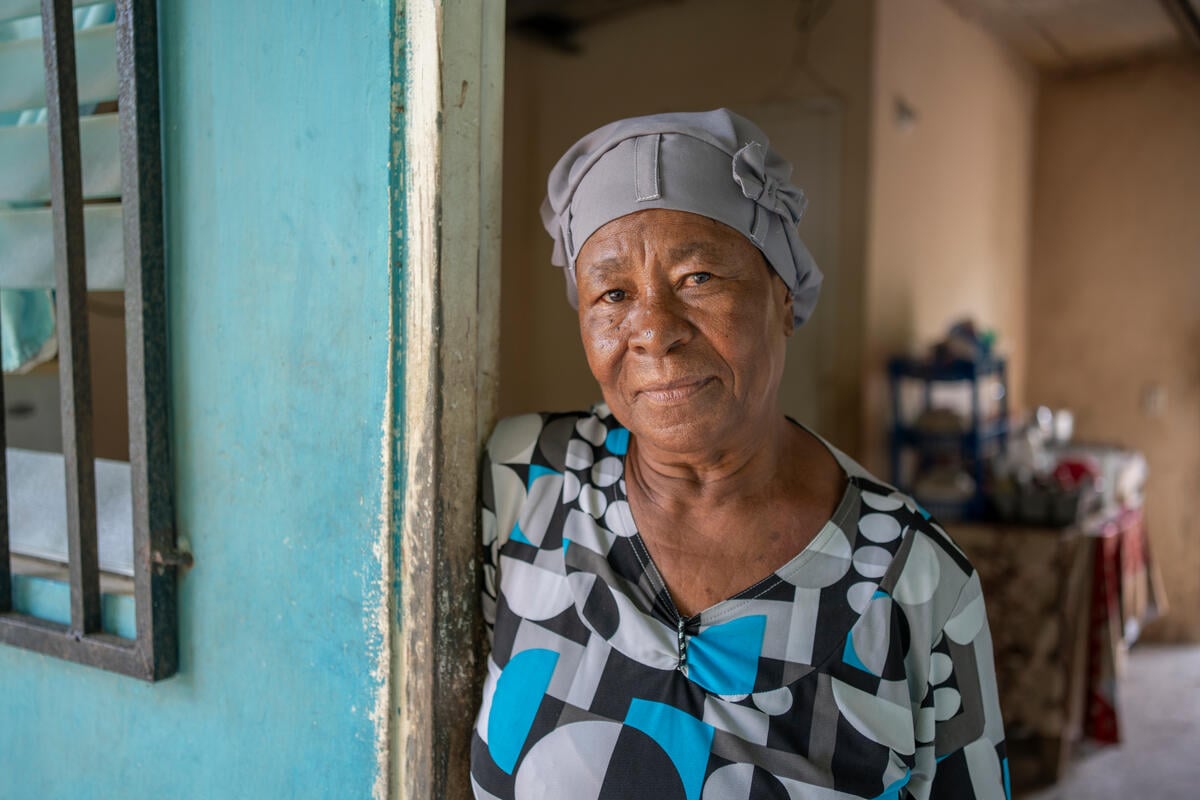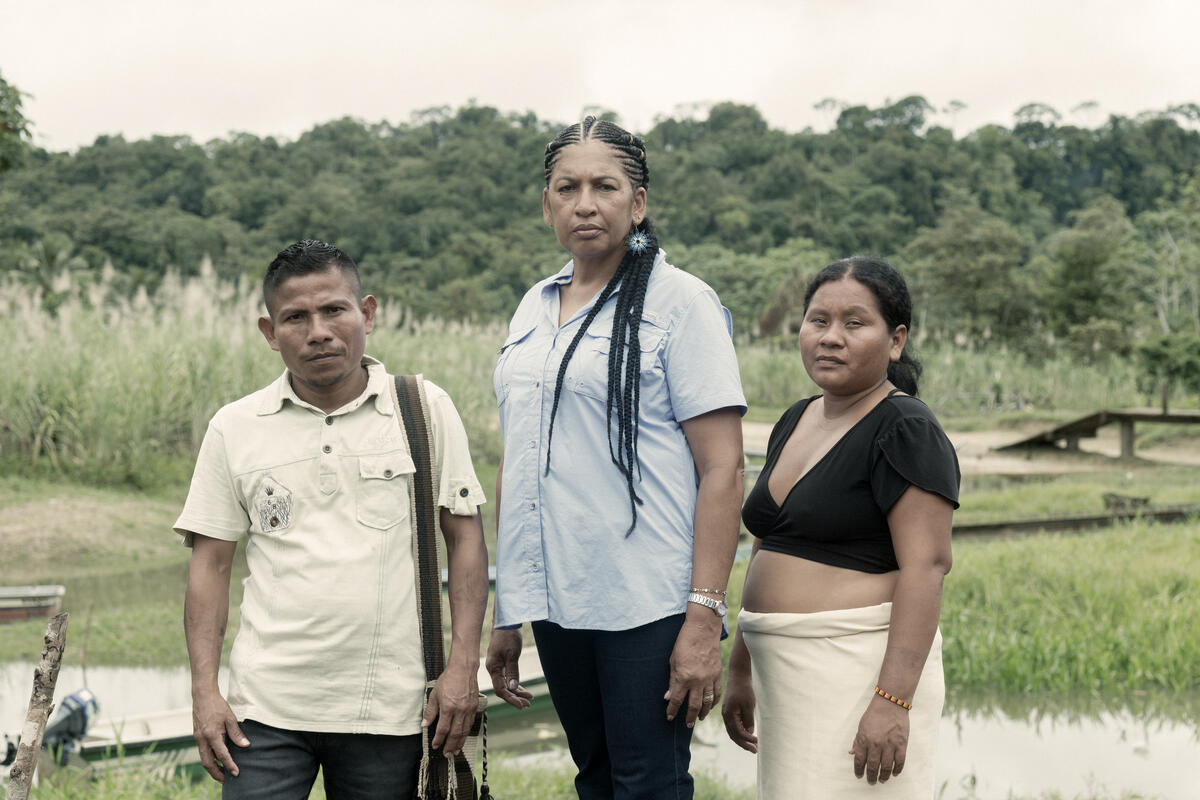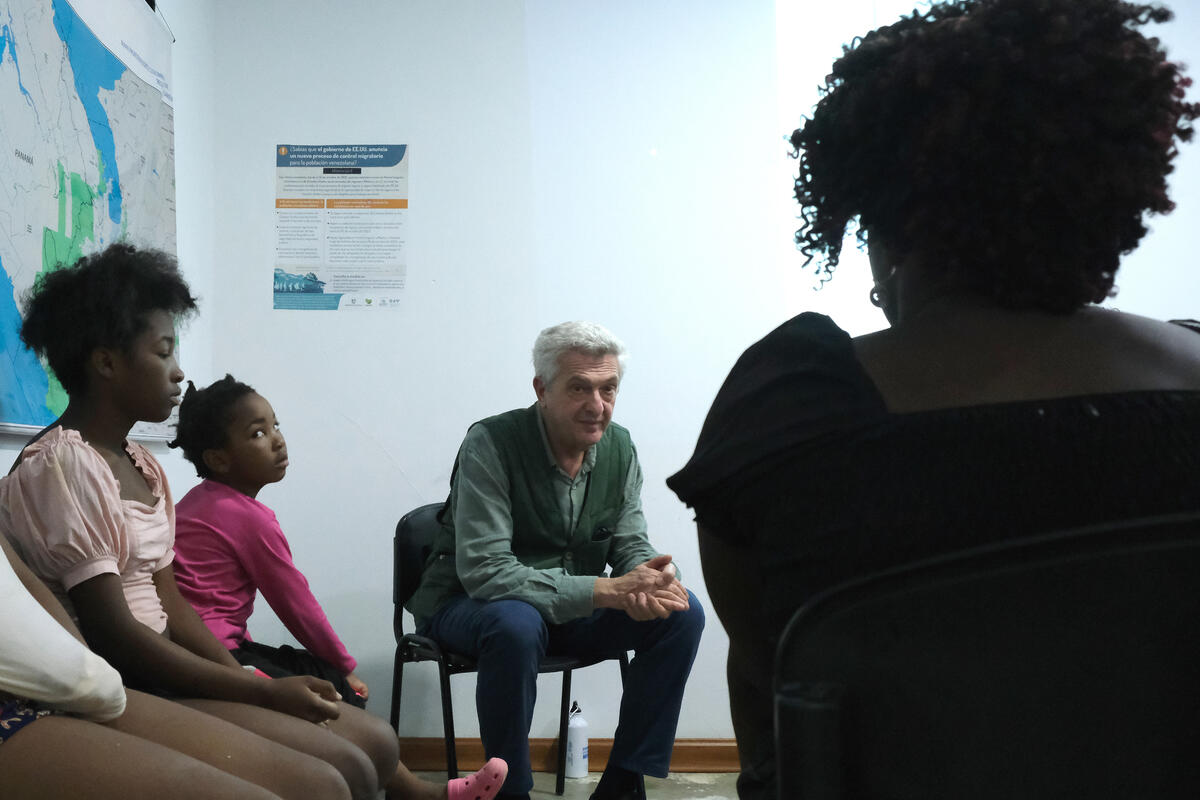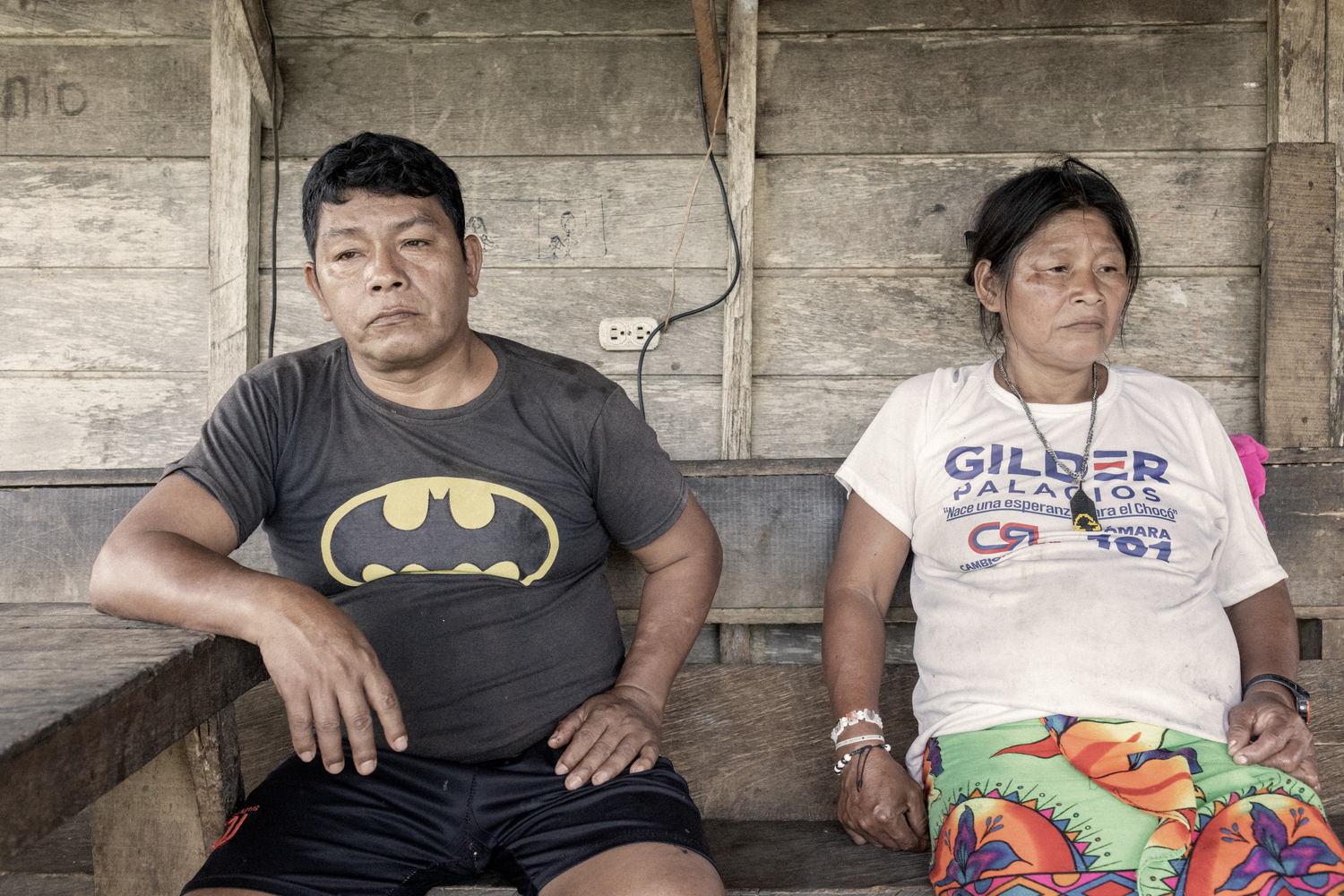Panama: follow-up on expelled Colombians
Panama: follow-up on expelled Colombians
UNHCR continues to follow up on the situation of more than 100 Colombians, most of them children, deported from Panama earlier this week. On Thursday, we sent a letter to the Panamanian authorities reiterating UNHCR's concern over the incident and stressing that returns should be voluntary.
The families deported on Monday reported that Panamanian immigration authorities and the Panamanian National Guard arrived in Punusa, Panama, where the Colombians had sought safety from the conflict in their homeland. The authorities reportedly told the Colombians they were moving them to a safer place where they would receive assistance. When some of them refused to move or tried to escape, they were manhandled by the National Guard and taken by force into helicopters. They were then taken to Zapzurro, on the Colombian side of the border.
UNHCR is now following up on three cases of families who were separated during the deportation, including one three-year old girl who remained behind with her Panamanian father while her Colombian mother was sent back. An adolescent, whose parents were among those deported, fled from the deportation operation and her whereabouts are now unknown. An older teenager also remains behind in Panama while her family members were taken to Colombia.
Meanwhile, in Colombia, UNHCR has been providing food, and soap and other hygiene articles to the deported families. Most of the people had to leave all their belongings behind in Panama. Some of the families have decided to go back to their areas of origin further inland in Colombia's Chocó province from the coastal town of Zapzurro. UNHCR began to assist those going back to their home areas on Thursday, providing a boat to transport them by river. A second boat was provided by the church. UNHCR is coordinating with the church, the Colombian Ombudsman and the Red de Solidaridad Social (the Colombian government entity responsible for displaced people) on the movement from Zapzurro further inland.
UNHCR continues to monitor the situation in Panama's remote Darién region - which hosts most of the Colombians who have sought safety in that country - as well as the situation and the well-being of the deported families in Colombia. We are requesting the Panamanian authorities to keep UNHCR informed about any further such return plans and to ensure that returns are voluntary, safe and respect the dignity of the refugees.

